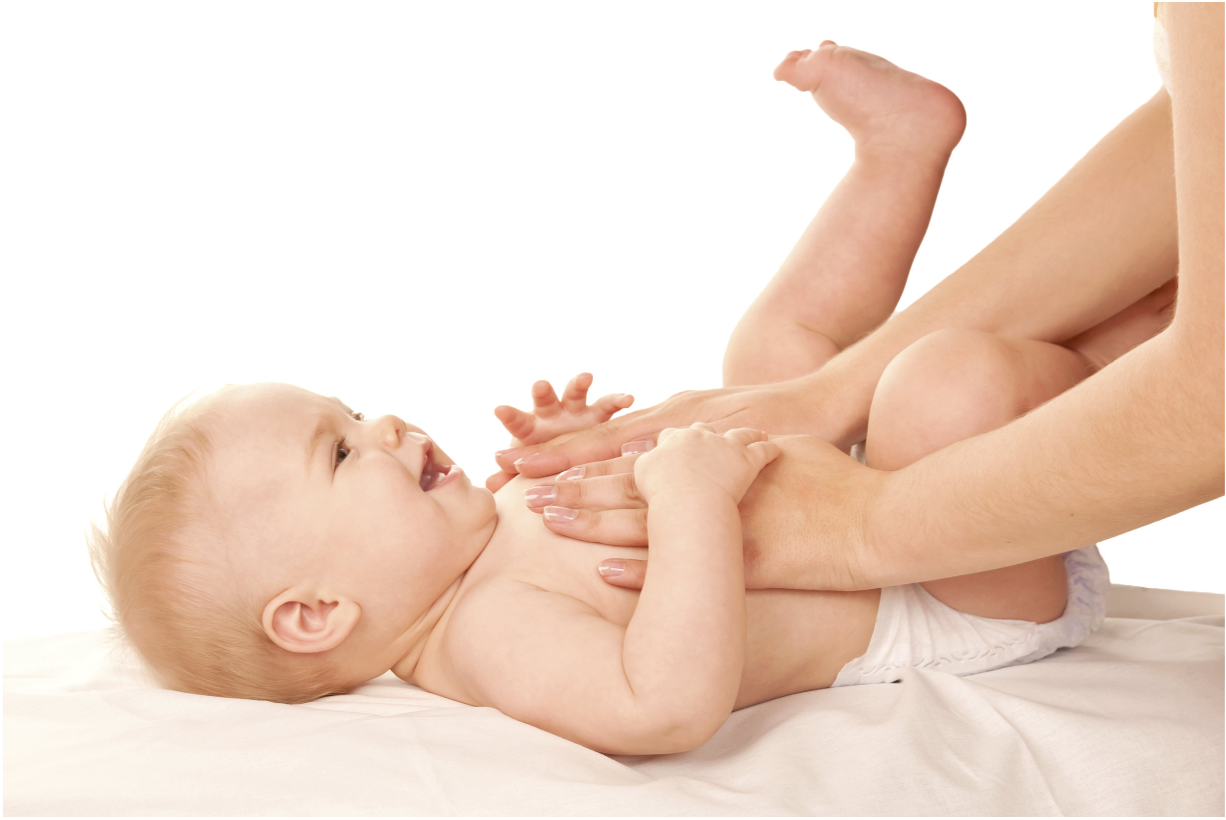Cutting-Edge Research on Infant Massage
Research surrounding infant massage, nurturing touch, child development and other related infant health and wellness topics.
Interested in being a research partner?
Are you involved in research related to infant health, nurturing touch or similar topics? IMUSA is interested in working with universities and research programs in the fields of infant health and nurturing touch.
Interested in having a Certified Educator present at your business or conference?
Our educators regularly conduct in-services and demonstrations for professional groups and conferences.
View our Educator Directory and get in touch with a CEIM near you
Participate In Research
A survey to capture the impact of racism's reach in the NICU, NICU discharge, and at home in the community of specialists.
Participate in an at home study where you keep track over a few days how much time you wear a mask and make a video of playing with your baby.
Research Blog Articles
Join Infant Massage USA Board Member and Certified Educator of Infant Massage, Diana Robles as she discusses and explains research on postnatal depression and mother and infant outcomes after infant massage
Research has been conducted about the bond between mothers and their babies, but one important piece has been neglected.
Mary Kay explores the reasons as to why fathers have been left out and how they can regain their connection with their newborns.
Research showing bullying can be identified in infancy coupled with the concept that bullying behaviors may be a part of a developmental progression helps us understand that developing social skills/behavior and emotional regulation skills are key to preventing bullying in the future.
Since 2013, all Project SAFE therapists have been trained in Infant Massage and utilize it as an intervention with all expectant and newly postpartum parents. The various benefits of IM are especially powerful in a child abuse prevention program for the following reasons:
At Infant Massage USA we talk a lot about the importance of nurturing touch. Here we’d like to explain a bit more about what nurturing touch is and how it can impact development.
“Infant massage is one tool we have to help reshape our child’s interpretations of the world, to release her pain, grief, and fear, and to open her up to love and joy.”
View the full list of the sources for the documented benefits listed on the Benefits of Infant Massage page (here).
This study aimed to determine whether a blended Infant Massage–Parenting Enhancement Program improved maternal psychosocial health outcomes (parenting stress, depressive symptoms, self-esteem, maternal attachment) and maternal-infant interaction among substance-addicted mothers…
Watch this informational presentation by our Trainer Dr. Vonda Jump, Certified International Trainer and Assistant Professor at Utah State University, on her work with infant massage in the United States, Ecuador, Haiti and India.
Infant massage programs have proved to be effective in enhancing post-natal development of highly risk infants, such as preterm newborns and drug or HIV exposed children.
Less studies have focused on the role of infant massage in supporting the co-construction of early adult–child relationships. …
PROFESSIONAL/RESEARCH: PEER REVIEWED - The sensitivity of early interactions, conveyed through eye contact, voice tone, facial expression and gentle touch is an essential element in the development of neural connections, affect and behavioural regulation, and secure attachments. ...
Children who experience more functional touch and less aggressive touch were less likely to show symptoms of poor psychological adjustment.
These findings are consistent with the assumption that children of parents who are more responsive, including through touch, are less likely to suffer from emotional and behavioral problems …
Human babies are born helpless, needing to be entirely cared for and protected. Luckily, they are born with all the necessary tools and “instructions” to attain such care for themselves, and to become a loved and loving part of their family and society. ...
For further reading, we suggest exploring work by the following Researchers & Facilities -
Dr. T. Berry Brazelton
Sue Ludington-Hoe
…










